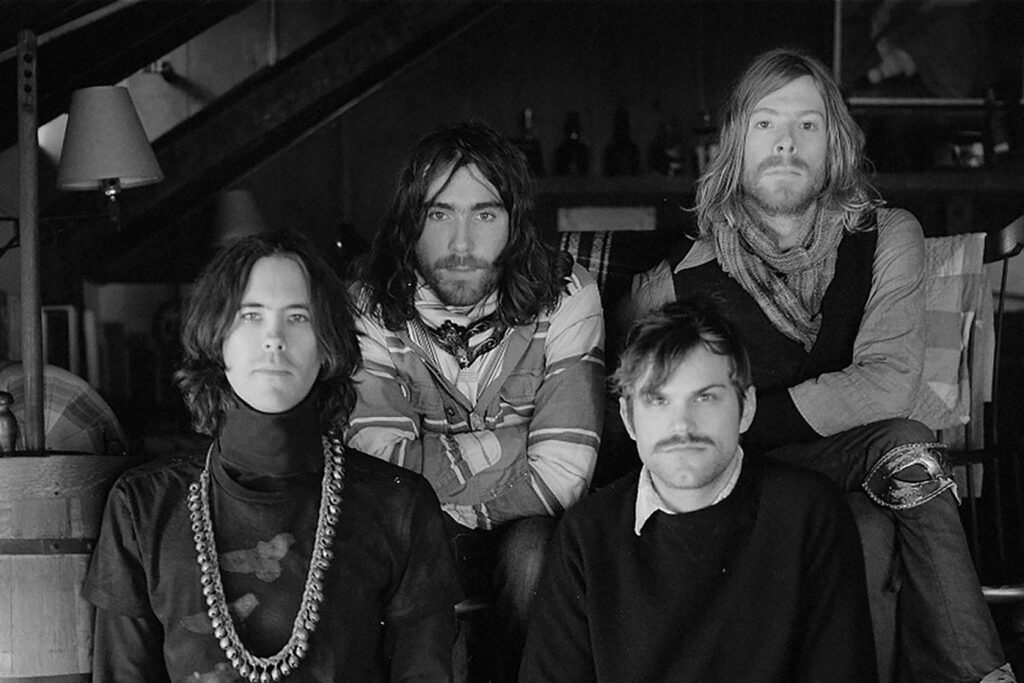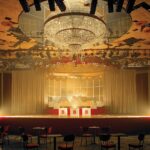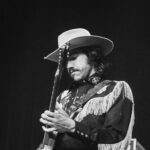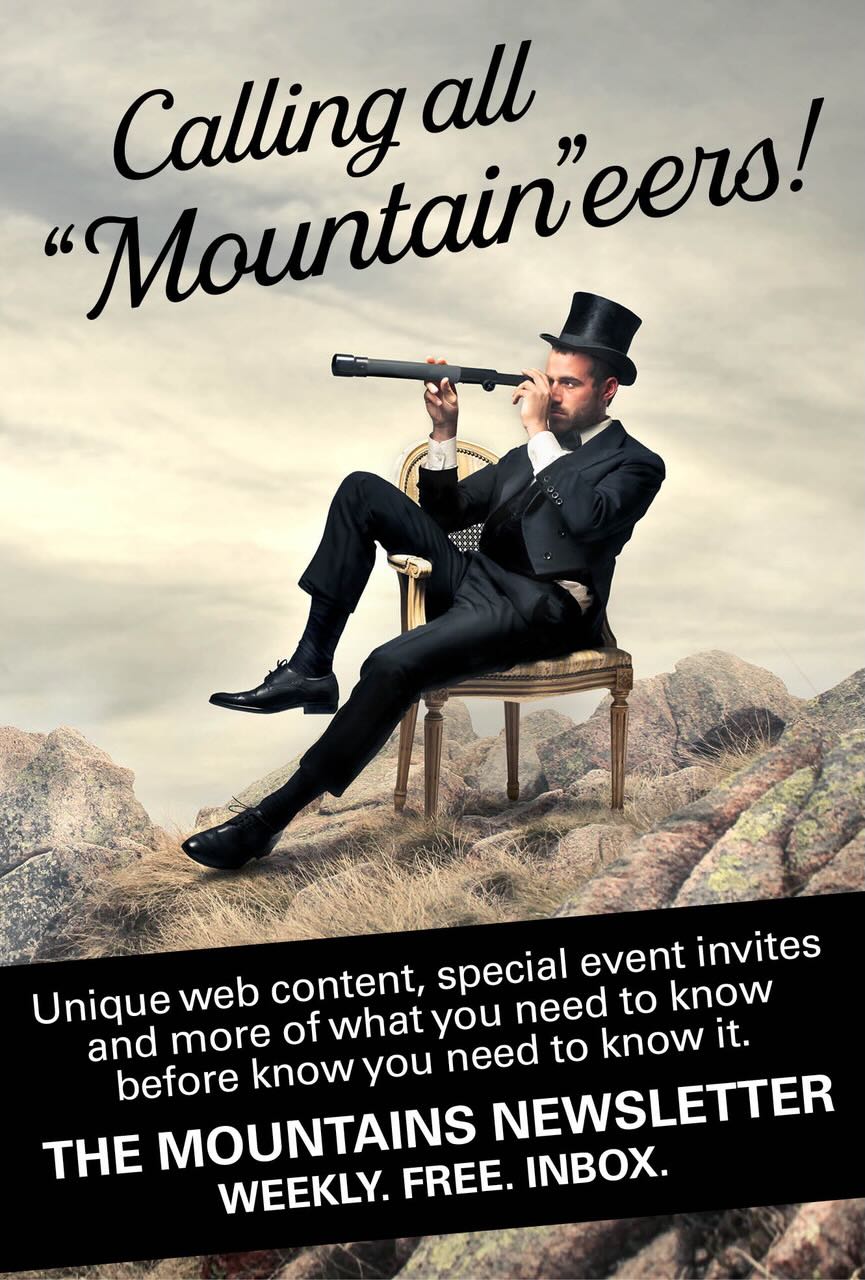If you’re lonesome tonight, cozy up to Hudson’s very own Elvis (Perkins).
By Kevin Sessums
When I was growing up in Mississippi, mountain music had a bluegrass twang to it that made my bare feet rhythmically twitch when I’d watch a summer rerun of The Andy Griffith Show featuring the musical Darling family, some of whom were played by bluegrass legends The Dillards. On Saturday afternoons, another form of mountain music filled the television screen during The Porter Wagoner Show—wondrously female and mountainously wigged—when Dolly Parton from the Appalachian hollers around Gatlinburg, TN, began to make her appearances with him. The northern mountain music of the Catskills was decidedly different when I lived in Hudson—although Iris DeMent with her Pentecostal past and that ever-present stoic steady rhythmic twang in her voice that bares her twitching soul did play Club Helsinki when I first moved to town.
Hudson hews more closely however to musical types—more counterculture than country—who themselves are not hewing sorts. Melissa Auf der Maur—the former bassist for Hole and Smashing Pumpkins who also released a couple of solo albums—is a cultural and real estate presence. She and her husband, filmmaker Tony Stone, own Basilica Hudson, an arts and performance center in a building which once housed a railroad wheel factory and now features a series for local singers and musicians called Jupiter Nights and a more far-reaching musical festival known as Soundscape. Her former bandmate Courtney Love came to town in 2018 to be honored at a Pioneering People Benefit and grabbed a microphone after an onstage interview with Auf der Maur and made us believe she was still a rocker—just one with more meander in her womanly gait than the girlish strut she once employed as the strumpet who could strum.
Two artistic and gender pioneers are Taylor Mac, who has a place in this neck of the woods and Justin Vivian Bond, who lives across the river in Athens. My Hudson buddy, designer and jazz aficionado Marine Penvern and I once motored over to Tivoli to marvel at Mac and judy’s (Mac’s preferred pronoun) fitting band of misfits giving a brilliant concert on the sylvan grounds of the Kaatsbaan Cultural Park. Bond, at the Basilica a couple of years back, marked the region’s emergence from the COVID lockdown by unlocking Viv’s singular nonbinary conflation not only of gender but also of torch songs untethered from their need for neediness and of the nether regions of whimsy where naughtiness is not worn like some flimsy nightie but donned like foliage because it’s so innately natural, a conflation sylvan itself in how deeply rooted it is in the sapling of self, arboreal (Bond’s first solo album was titled Dendrophile) but never boring.
An argument could be made that the most natural and innate form of music is jazz. Hudson Hall hosts an annual festival in the spring that highlights it. Indeed, one of my favorite memories of living there is walking up Warren Street to visit with Marine at her atelier and as I’d approach, hearing the wondrous wails of her beloved John Coltrane wafting from her sound system as well as those from her own saxophone while she sat on the bench on her bit of sidewalk and sidled up to Coltrane.
Another cherished memory is housed at Hudson Hall when I saw the great Marilyn Maye, then 93, deal with a power outage during her cabaret set. The stage went dark, and the sound went silent. Suddenly the generator kicked in and someone came into the room to tell us of the outage. “We can’t just quit,” said Maye. So she made her way down into the audience to sing both James Taylor’s “The Secret of Life” and Shirley Horn’s “Here’s to Life” without the use of amplification just the power and purity of her unstinting talent. The generator’s lights then went out in the room, and we lit her with our cellphones. I still live in the glow of that memory.
And this one. Hudson has its own Elvis, a divinely talented one named Perkins who finds the swagger in the swing of his sweetness, this rocker who revels in redefinitions; that’s the way he rolls. My first Christmas in Hudson he and his godmother, fashion world legend Nuni Boylan, and her son Wyndham, who was in Perkins’ band Dearland, came over to cook dinner and afterward Elvis and Wyndham got out their guitars to jam and made Nuni and me comfortable enough in their coolness to help them carry some tunes when carols were suddenly being conjured along with the rock ballads.
The next day I was walking down Warren humming one of Perkins’s songs from his Elvis Perkins In Dearland album, “123 Goodbye.” Its last lines: “…It was happy, 1, 2, 3/It was sad, 1, 2, 3/We were happy once you and me/When we were sad/1, 2, 3 goodbye, goodbye/1, 2, 3 goodbye, goodbye/Ready, 1, 2, 3 goodbye, goodbye/Steady, 1, 2, 3 goodbye, goodbye/Nice to know you, 3 goodbye, goodbye/It’s nice to meet you, 3 goodbye, goodbye/Are you ready, 1, 2, 3 goodbye.” And then I fell quiet. I found a mindfulness to my silence—as I’ve found it here in this sentence finally after having sat humming to myself as I wrote all the previous sentences in this story scored by my memories of musical interludes during my life in Hudson. For five years there was the hum of home about the place for me. But then it faded—like the sound of a high school band several blocks away during the town’s Flag Day parade, a bit off-key yet curiously captivating.
I’ll always think of Hudson when I contemplate even further what constitutes mountain music and remember the trajectory of my life from the Darlings to Dearland to a noted silence that finally was my home instead inside that hum.












Comments are closed.